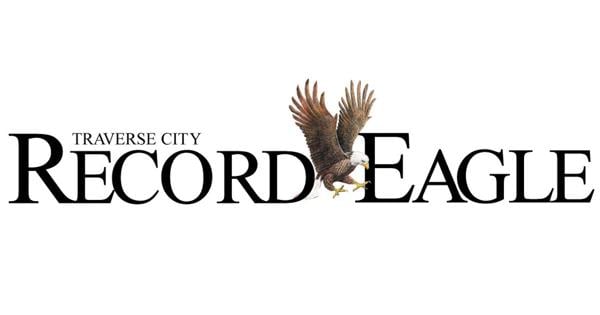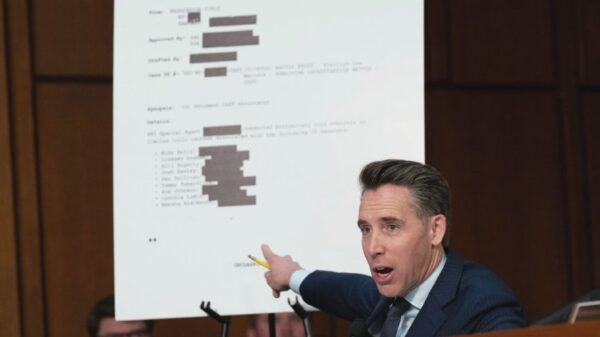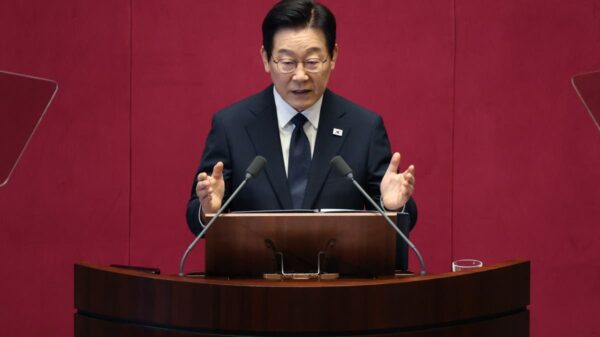Changes to the Arkansas Freedom of Information Act (FOIA) are prompting public entities across the state to reassess their operational practices. Signed into law by Governor Sarah Huckabee Sanders in April 2025, Act 505 of 2025 aims to clarify the definition of a public meeting, adjusting provisions from the original legislation established in 1967.
The updated law introduces specific criteria that delineate what constitutes a public meeting, thereby impacting how local governments, schools, and other public bodies conduct their affairs. This modification is significant as it emphasizes transparency and accountability in government dealings, which is essential for fostering public trust.
Public agencies are now tasked with reviewing their policies and procedures to ensure compliance with the new guidelines. This reassessment involves training staff and updating communication practices to align with the revised definitions and requirements. The law’s implementation is expected to enhance the public’s ability to access information regarding governmental operations and decision-making processes.
In Jonesboro, local officials have initiated discussions about the practical implications of these changes. They are considering how the adjustments will affect meeting protocols and public access to information. The goal is to create a balance between the need for transparency and the operational efficiency of public entities.
The changes to the FOIA are part of a broader trend observed in many jurisdictions that seek to modernize public access laws. Other states have also undertaken similar reforms, recognizing the need to adapt to a rapidly changing information landscape. By refining the definition of public meetings, Arkansas aims to ensure that citizens remain informed and engaged in governance.
As public entities navigate these changes, the focus will remain on fostering an environment where community members can easily access important information. The expectation is that this increased transparency will not only improve public trust but also encourage greater civic participation.
With the law officially in effect, entities are under pressure to establish clear channels for disseminating information. Local governments, in particular, are examining their meeting schedules and formats to comply with the revised standards. This proactive approach is essential for maintaining compliance and demonstrating a commitment to transparency.
In conclusion, the enactment of Act 505 of 2025 marks a significant step in Arkansas’ commitment to transparency in governance. By refining the definitions surrounding public meetings, the law aims to enhance public accessibility to governmental processes, ultimately strengthening democracy at the local level. As public entities adjust to these changes, the focus will be on creating effective communication strategies that align with the new requirements, promoting a more informed and engaged citizenry.




































































